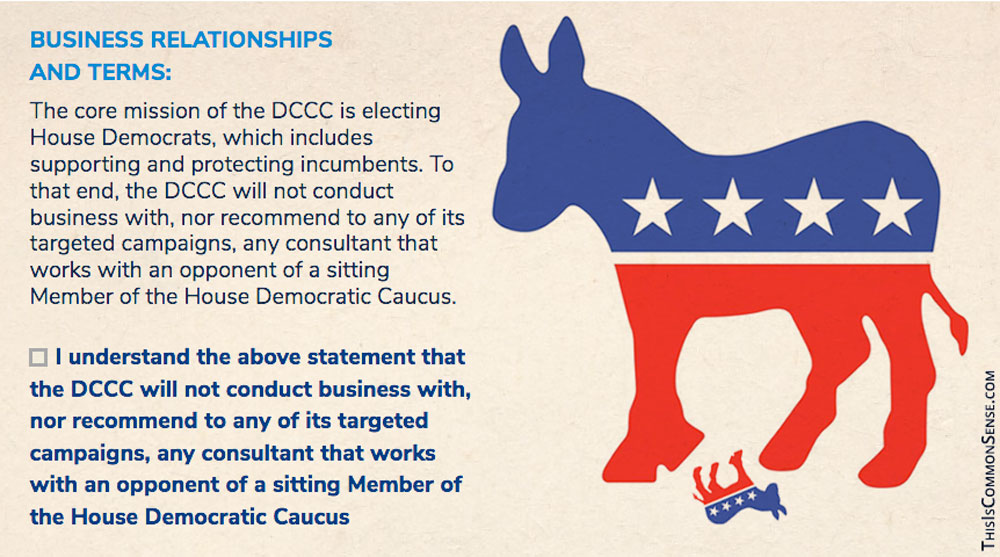Offensive.
Absurd.
Absolutely false.
Those are the words Representative Ilhan Omar used to describe the startling accusation against her — that she married her second husband to bring him into the country, and that he was actually her biological brother.
Most people would find such a scheme “offensive,” sure.
And it is “absurd” in the sense it would be a good plot point in a Christopher Buckley or Tom Sharpe farce-cum-satire, yes.
It is not absurd, however, as in impossible or completely out-of-character for the far-left Islamist Democrat from Minnesota’s 5th Congressional District.
But is it “absolutely false”?
Not according to Anton Lazarro, a GOP Minnesota operative who spent thousands upon thousands of dollars on private investigators to obtain DNA evidence of both alleged brother and ostensible sister and then published the results.
Omar’s incest/immigration scandal has criminal complexities.
“His website, IlhanOmarDNA.com,” writes Miranda Devine for The New York Post, “containing the DNA test results, was online briefly before it was taken down Wednesday.” I just checked moments ago, and the website is back up and running. Peruse at your leisure. The main contention is that “test results stated there is a 99.999998 percent chance that Omar and her second husband, Ahmed Elmi, now her ex-husband, are siblings, according to an analysis by British company Endeavor DNA Laboratories.”
No sooner had Mr. Lazarro posted it than the FBI arrested him on charges of “underage sex-trafficking.” And those charges have put the kibosh on a major publicity campaign against Rep. Omar — though the Post journalist appeared on Tucker Carlson Tonight.
Lazarro, for his part, “is denying the charges,” writes Terresa Monroe-Hamilton for BizPac Review. “It remains to be seen if he is guilty or not, but the timing seems very, very convenient.”
A lurid story all around.
Offensive, though? Absurd? Absolutely untrue?
I’d like to know more.
This is Common Sense. I’m Paul Jacob.
—
See all recent commentary
(simplified and organized)








